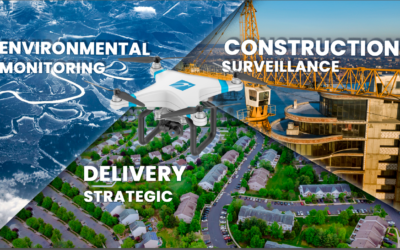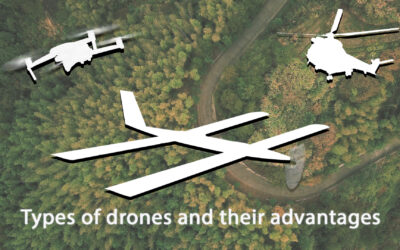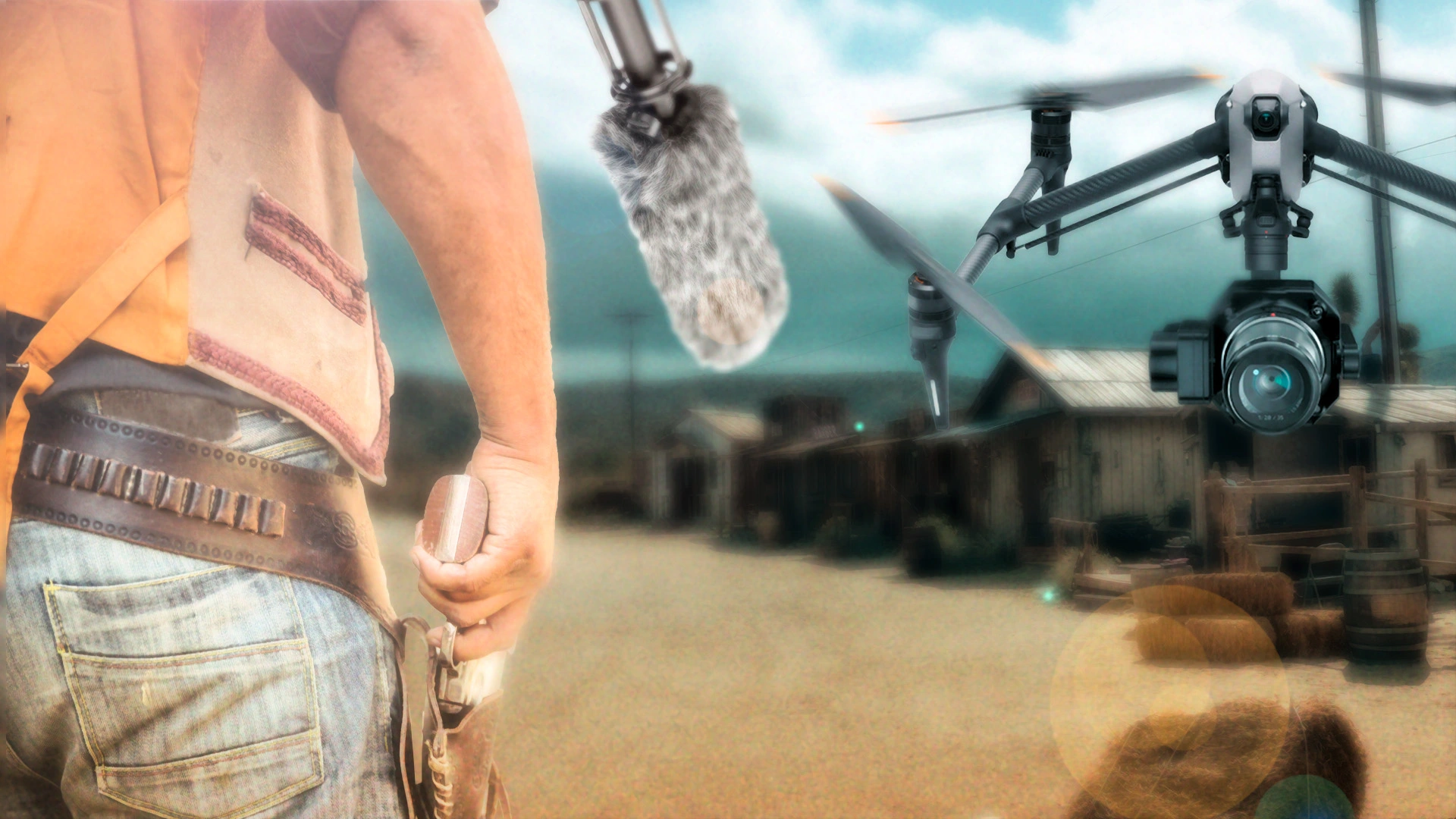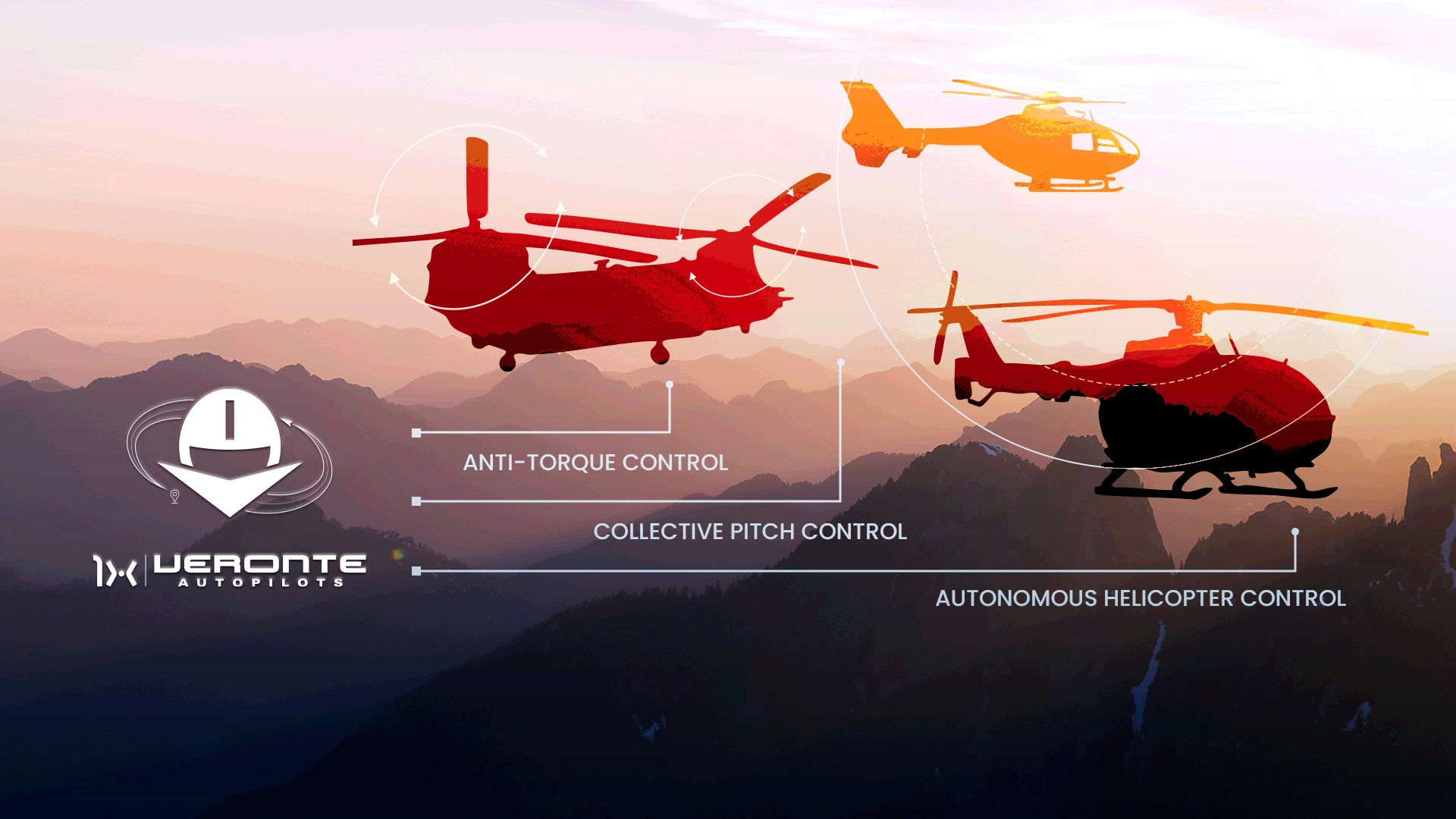Artificial intelligence (AI) also comes related to the term Deep Learning. The latest success in this field has created a huge expectation in the science community in order to solve tasks using sensors’s compiled raw data configured specially for this objective. This technology has a presence in a wide range of industries, like automobiles, which have very similar modules as professional UAVs autopilots.
What is Deep Learning or Automatic learning?
Deep Learning is a combination of algorithms for automatic learning which deep learning attempts to model high-level abstractions in data using no-linear, multiple-composed architectures.
In UAVs (Unmanned Aerial Vehicles) Deep Learning is currently applied by a function called Control Adaptive. In general, this kind of predictive capacitation in professional drones permits the UAV to predict possible changes in the environment or inside itself. In this order, the platform can maintain an optimal level and control flight all over his path. That’s why Embention invests day-by-day in enhancing I+D to make this Deep Learning process as advanced as possible at Veronte Autopilot 1x.
Adaptive Predictive Control as a high-reliability flight’s highlight
Adaptive Control is a system that allows controlling the structure according to variable parameters or unknowns. Contrary to non-adaptive controls, which maintain fixed control parameters throughout the operation. This method focuses on controlling changes, setting specific parameters in consonance with variations in the platform and environment.
Adaptive control is essential in UAVs, allowing the controller to be set to automatically adapt to changing flight conditions. An example of this is the one applied for weight compensation, where during the flight of an airplane, its mass decreases as a consequence of fuel consumption.
To perform this procedure, it can be to apply a conversion formula that automatically regulates the controller in line with certain system variables or to integrate plant auto-identification algorithms. In this case, the system adjusts the controller itself according to the status of the autopilot-controlled system.
UAVs Control Adaptive applications
This type of control has wide applications in the professional drone field, which we can highlight: aircraft of big dimensions, aircraft in charge of logistical works, or liquid dispensation. Where the payload is considerable or the platform’s mass by itself. Also is incorporated in high-speed systems, failproof, tethered drones, etc. In which it is required the existence of the Control Adaptive system as the main value to the drone to work properly.
The Veronte Autopilot not only incorporates the function of Adaptive Control, but also works and invests constantly in developing a predictive system to be able to carry out an advanced control of any aircraft, regardless of its conditions, mass, payload, and typology.















